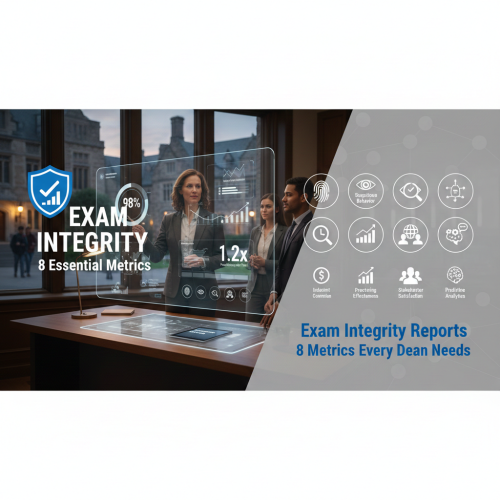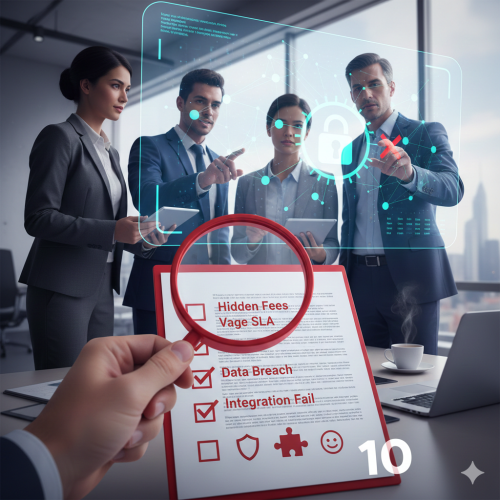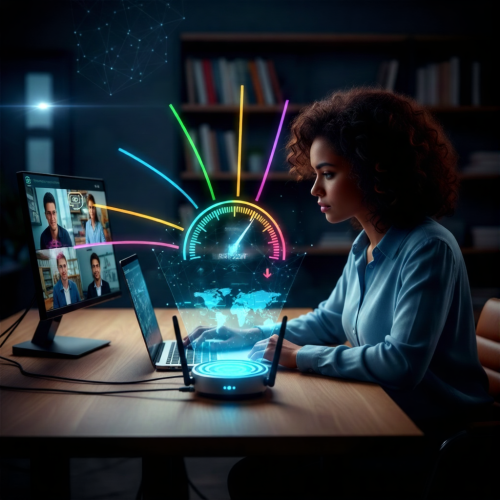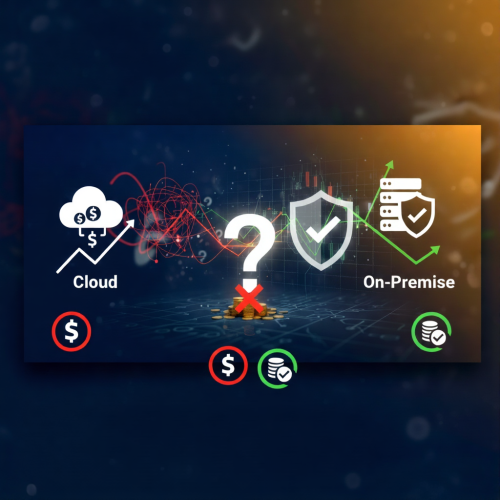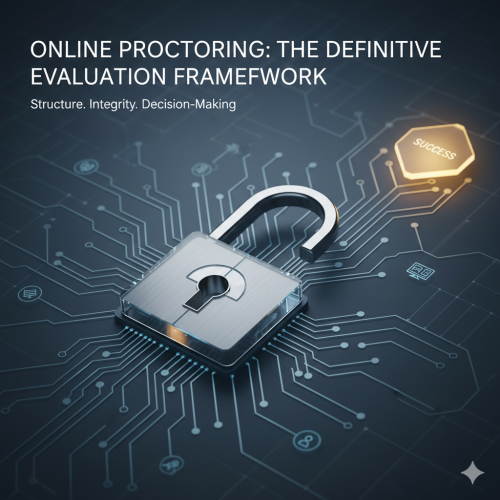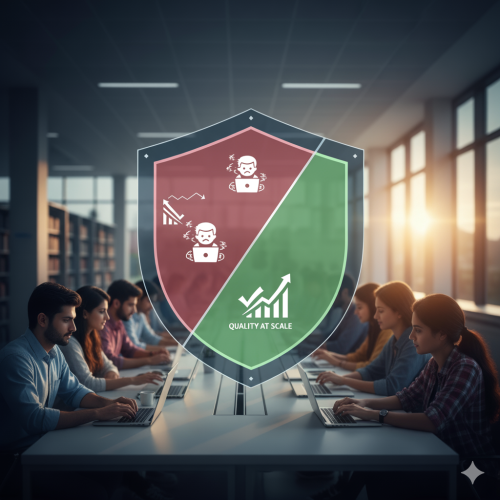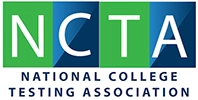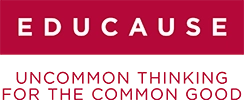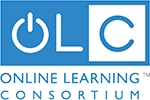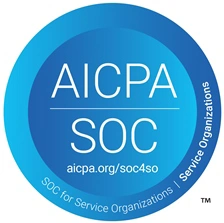COVID-19 has presented the new reality of remote learning for many students, and remote learning has presented its own set of complex challenges. But after almost a year of virtual teaching, educational institutions have started to get the hang of it, and students are beginning to see the bright side.
Students now know that if they can learn from home, they can test from home — that means they can theoretically test wherever and whenever it’s convenient for them. Industry leaders note that as students realize the current inevitability of remote testing, their expectations for education are changing. Even when schools get back to in-person learning, many students may still want remote testing as an option.
Hybrid courses are on the rise, and they will no doubt skyrocket once students get the choice of whether they want to return to in-person classes or continue learning remotely. Combining the social connection of sharing a physical space during group projects with the convenience and safety of completing individual learning assessments remotely may become the new normal.
Some students don’t have a reliable internet connection or distraction-free workspaces available to them outside of their school, so a physical classroom with traditional in-person testing and proctoring may be the best option for them. But for students who have access to speedy internet and are able to create individual isolated “classrooms” in their bedrooms or kitchens or basements, they may have discovered that they actually thrive in a remote learning environment.
No commute times to school, students learning at their own paces, and tailoring students’ circumstances to their wants and needs are just some of the upsides to virtual education, so there are clear benefits of taking advantage of both remote and in-person models of schooling. If given the option, some students may enthusiastically choose to take tests at home instead of school for a variety of reasons.
However, the rise of online testing has led to increasing concerns regarding the collection and privacy of student data. Universities are concerned with how student data is used and processed, so the remote testing and proctoring industry needs to keep developing and improving transparency in terms of how student data is used. Tailoring privacy agreements to address students’ concerns is one way of doing this, and Proctor360 provides thoughtfully curated privacy policies that still protect content of assessments, allow effectively proctored testing, and maintain fairness and equity among students.
With the COVID vaccine making its rounds in the new year, many are wondering if online testing and proctoring will stay. But based on how self-proctoring and online testing has given universities peace of mind as well as convenient options for students, the answer seems like a resounding yes. And during an unpredictable pandemic, the possibilities of remote testing and proctoring are more important than ever.

